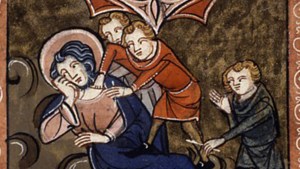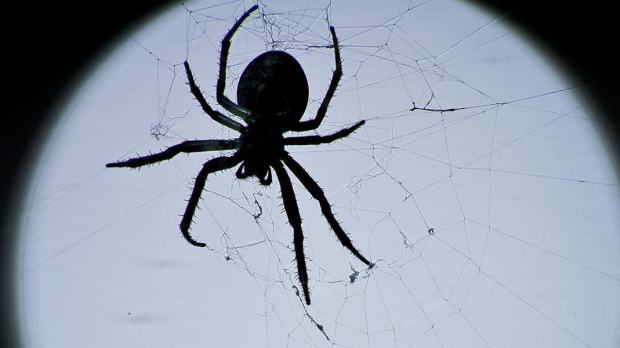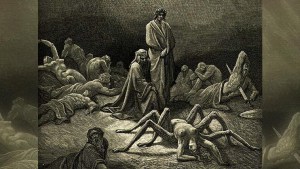Among the many animals featured in the Bible, spiders do not get much attention.
They are only mentioned twice and in both instances, their webs are connected to something that is fragile and weak.
So is the end of everyone who forgets God,
Job 8:13-15
and so shall the hope of the godless perish.
His confidence is but a gossamer thread,
his trust is a spider’s house.
He shall lean upon his house, but it shall not stand;
he shall cling to it, but it shall not endure.
In this instance, the spider’s web is seen as something weak, since it can be easily swiped away.
Furthermore, the spider’s web is mentioned again in a similar way, reinforcing how a person who performs evil deeds weave “spiders’ webs” for themselves, not being able to hide their deeds.
No one brings suit justly,
Isaiah 59:4-6
no one pleads truthfully;
They trust an empty plea and tell lies;
they conceive mischief and bring forth malice.
They hatch adders’ eggs,
and weave spiders’ webs:
Whoever eats the eggs will die,
if one of them is crushed, it will hatch a viper;
Their webs cannot serve as clothing,
nor can they cover themselves with their works.
Their works are evil works,
and deeds of violence are in their hands.
This negative spiritual symbolism of spiders was furthered in Christian art. In the medieval period monks used spiders to represent evil. For example, spiders were often seen in connection to the miser, who bleeds the poor in a similar way to how the spider consumes the fluid out of its catch.
Yet, spiders did receive a positive connection with St. Felix, who is the patron of spiders.
Felix was able to sneak by undetected because of a few “spider friends,” who wove webs to hide his presence.



